With the ever-changing tax rates being applied by HMRC, not to mention the different taxation if you’re a limited company or sole trader, there’s a lot to keep up with as an eCommerce small business.
This blog highlights some tax considerations you should know about running your online business.
Top tax tips
Before getting into different types of companies and their taxes, here are some top tax tips.
Keep information for seven years. Strictly speaking, the rule is for self-employed people to keep records for five years. But it’s always best practice to keep just a couple of years more in case HMRC requests them.
Business expenses can be deducted from your income which will help to reduce your taxable amount. HMRC provides clear guidelines for what counts as a business expense here.
Make sure you know what the upcoming tax deadlines are and make sure to keep a note of them. If you use FreeAgent (which you can get for free with your Mettle account*), you can easily see on your Dashboard what deadlines for all taxes are upcoming.
Use a separate bank account for your business which can make it much easier at the end of the year to identify the income and expenses specific to your business. Some accounts also allow you to store your receipts and invoices digitally, making it easy to find them when you complete your tax return at the end of the year.
Once registered as self-employed you will remain that way until you tell HMRC otherwise. If you ever decide to put your side hustle to one side or move from a sole trader to a limited company, you need to let HMRC know of these changes.
If all of this still seems daunting check out the Mettle tax guide for all the information you’d need as a small business owner.
Limited company or sole trader
So you’ve started your eCommerce business, you have a website and social media but you need to get down to the brass taxes – and do your business admin.
There are two types of businesses you can register as when you run your own eCommerce business: a limited company or a sole trader and depending on which you are, there are different taxes involved.
Limited companies can be more tax-efficient than sole traders. But, it does come with some additional responsibilities for the Director, such as filing annual accounts and an annual Corporation Tax return.
A Director and shareholder of a limited company will typically pay themselves a salary at a set level. They then pay dividends from the remaining profit after applying corporation tax. The benefit of this is that the salary can be set at the National Insurance (NI) threshold meaning less or no NI is applied to the salary.
There are other taxes you also have to consider as a limited company, such as VAT and National Insurance contributions.
With the sole trader option, there is less filing to do, with any taxable profits being reported on the annual Self Assessment, with Income Tax and NI applied.
Self Assessment
Anyone receiving untaxed income such as dividends, sole trader profit or capital gains must file a Self Assessment each tax year. The Self Assessment and any taxes due should be filed and paid by January 31 of the following year after a tax year has ended.
The tax year runs from April 6 to April 5 the following year, so for the 2022/23 tax year, the Self Assessment should be filed, with any liability paid, by January 31, 2024.
You can find all you need to know about filing a Self Assessment in our guide.
Ask for help if you need it
If you’re ever unsure about how much tax you should be paying, or for what, reach out to an accountant. They can help you to understand your taxes and make sure you’re ready to file. Finding a good accountant will help avoid mistakes and they may find opportunities for you to save money on your tax return.
You can also check what allowances are available to you and what you can claim as expenses. HMRC has lots of online articles which can help you to understand the rules that apply to you and your business.
Interested in finding out more about Mettle? Check out our business bank account features page.
Disclaimer: The content of this blog is based on our understanding of the topic at the time of publication and should not be taken as professional advice. Any of the information may be subject to change. You are responsible for complying with tax law and if in doubt, should seek independent advice.
*To get FreeAgent included, customers have to make at least one transaction a month from their Mettle account. If they don’t make one transaction a month, or if their Mettle account is closed and they continue to use FreeAgent then the FreeAgent fees will apply.






